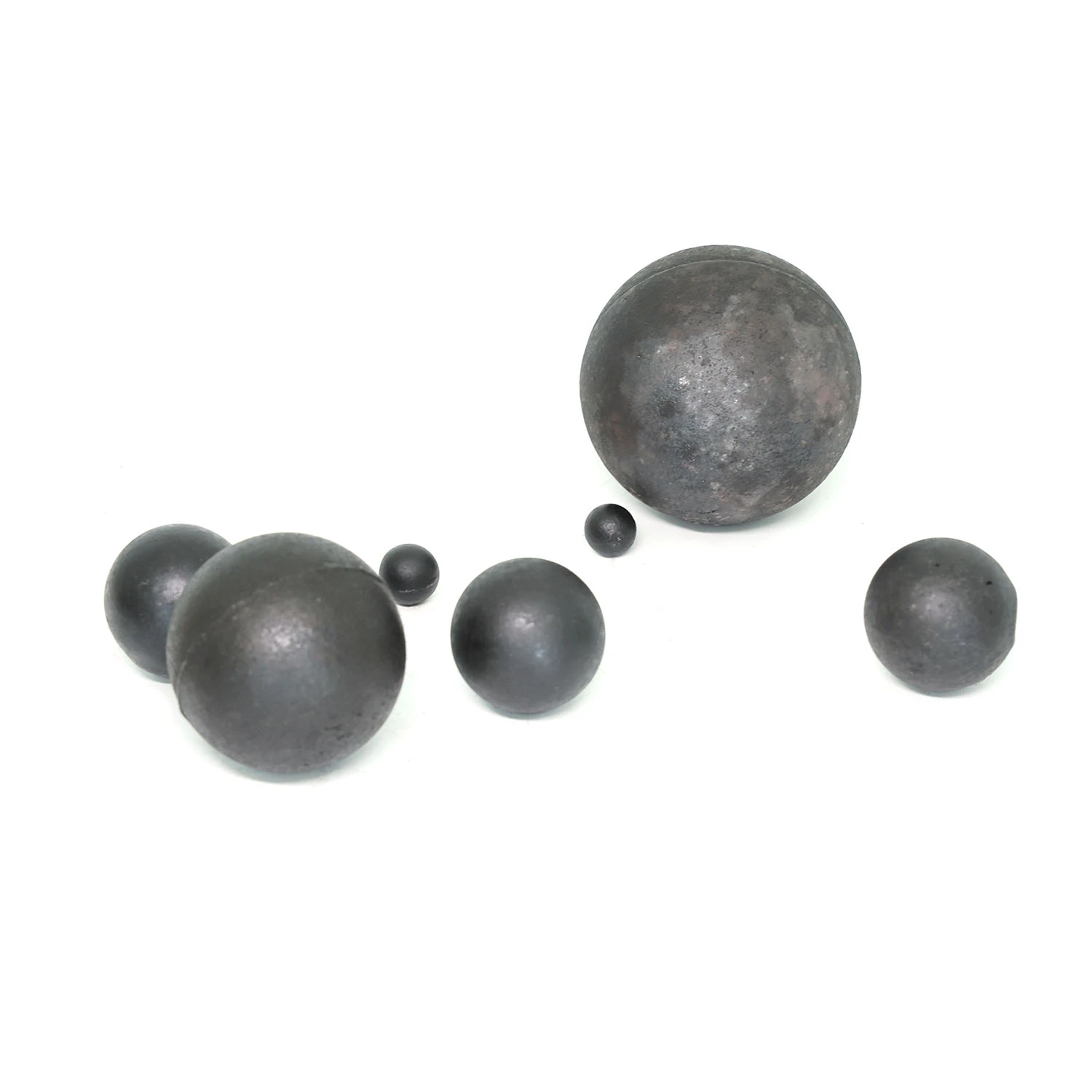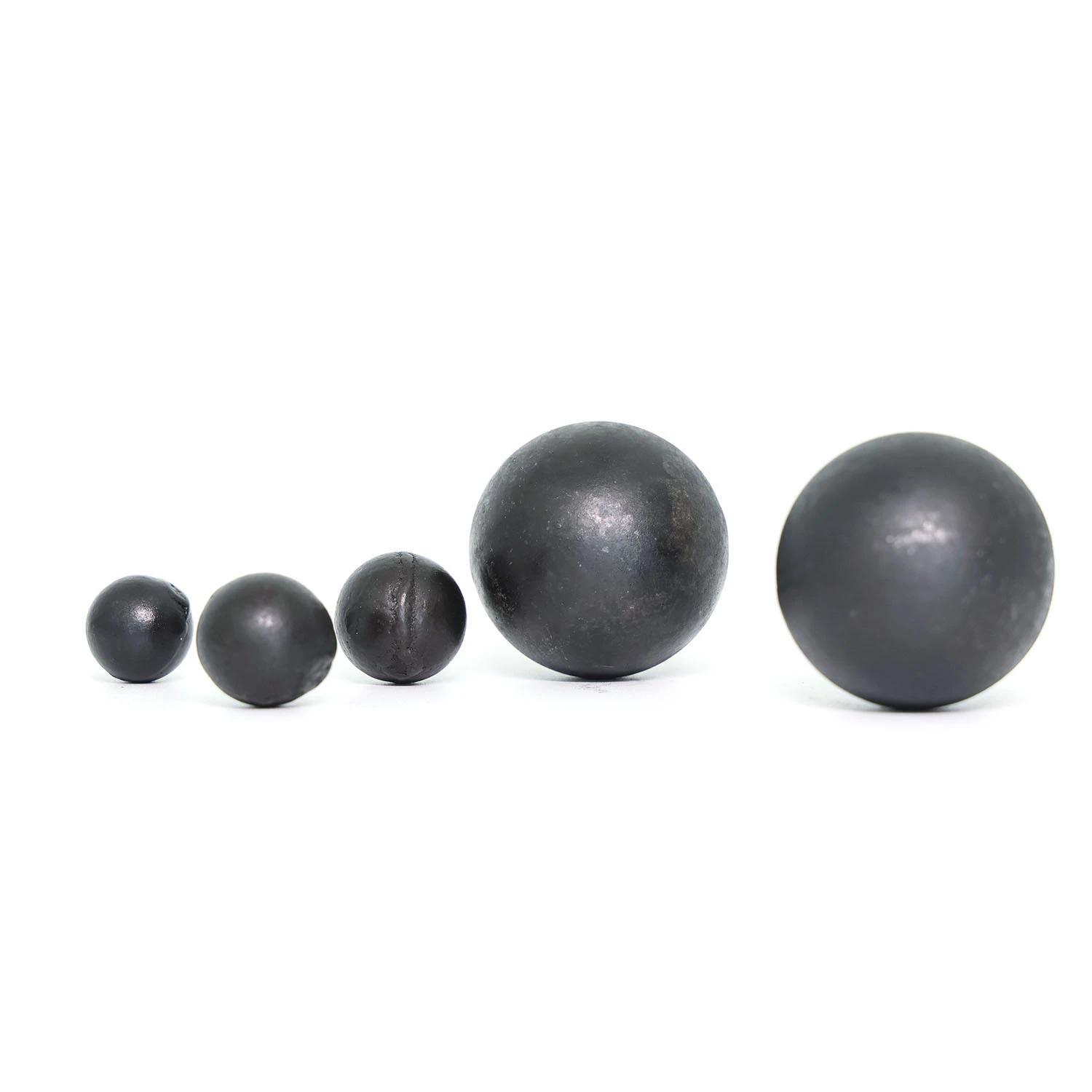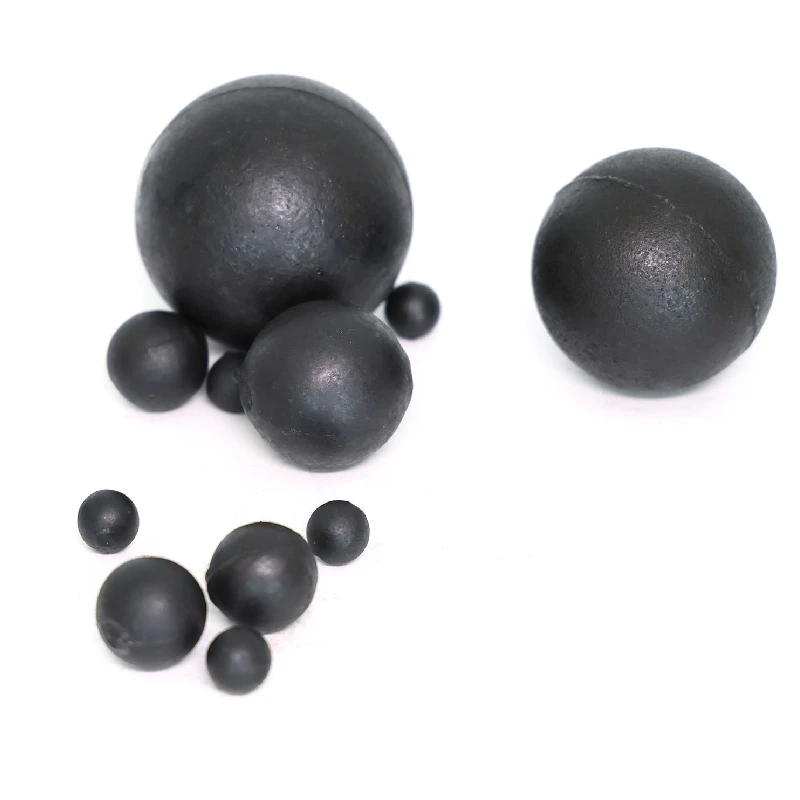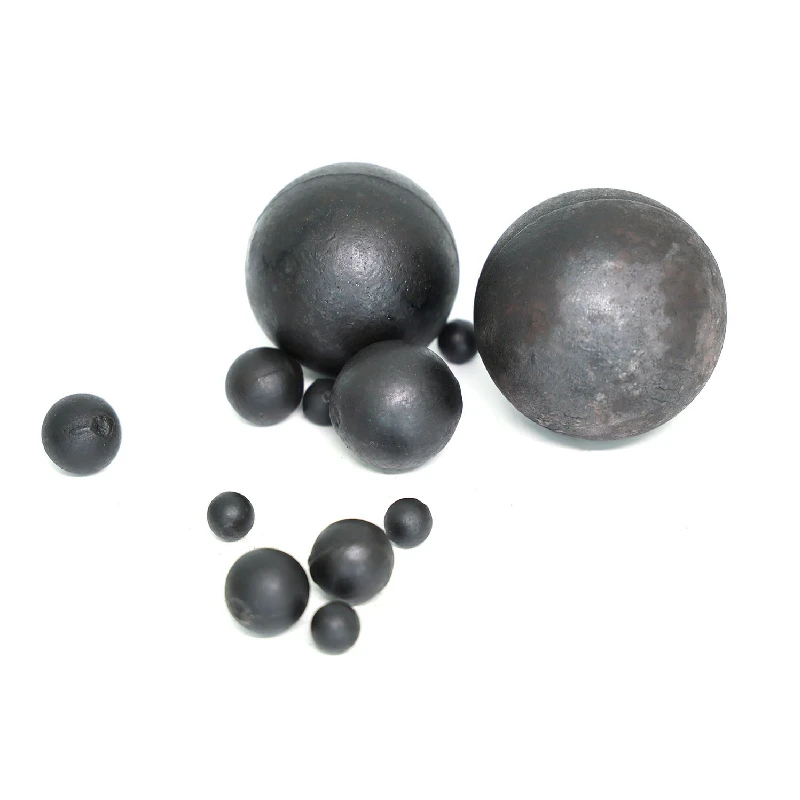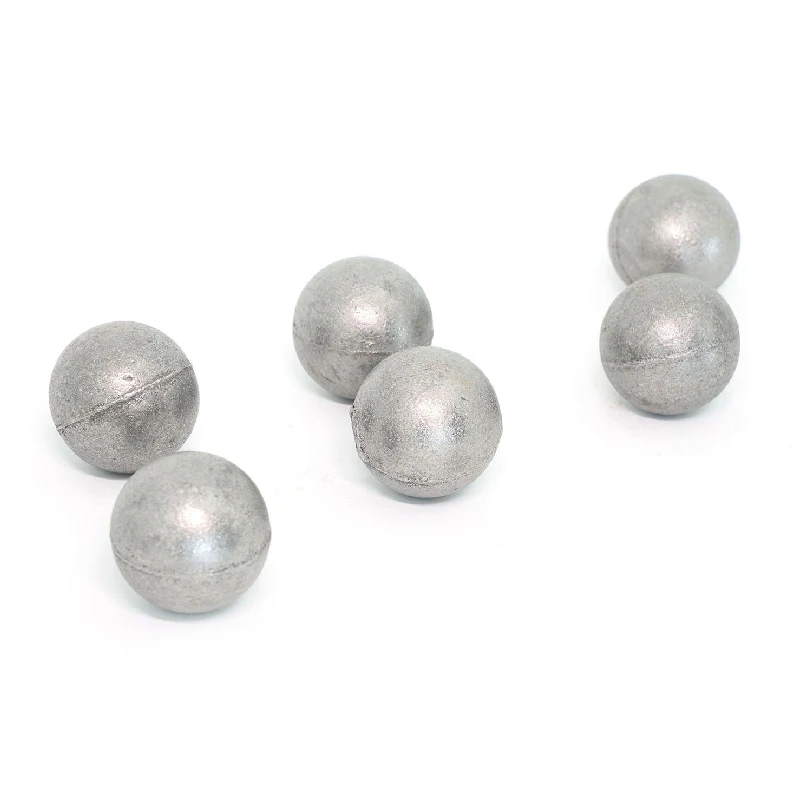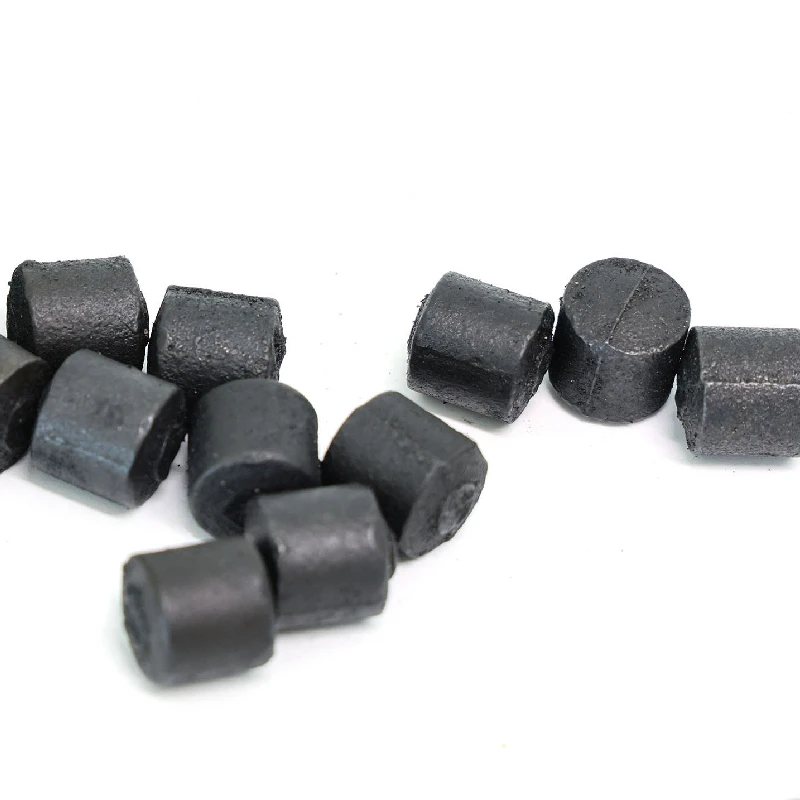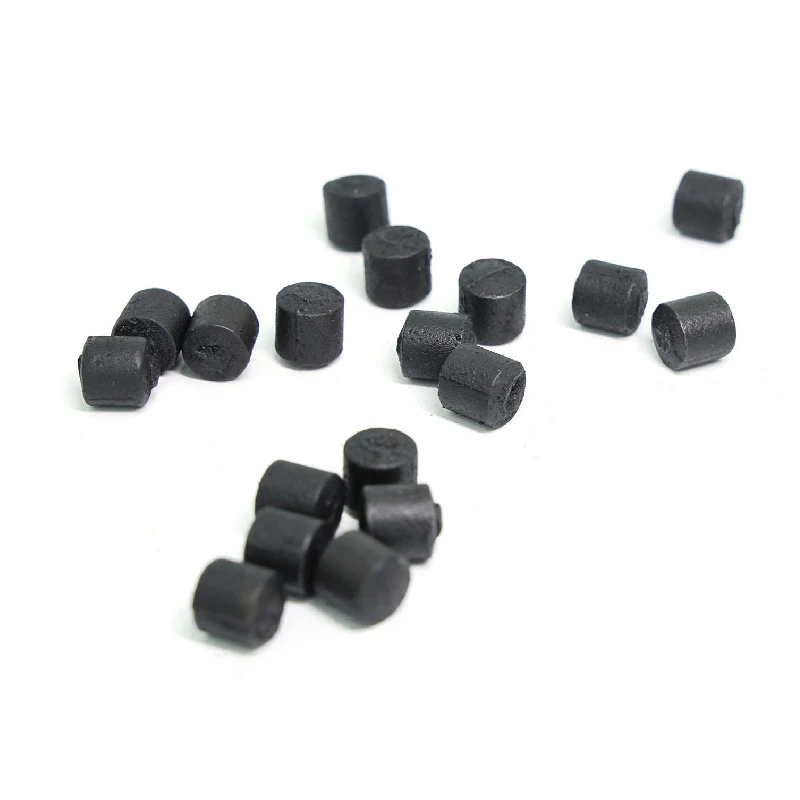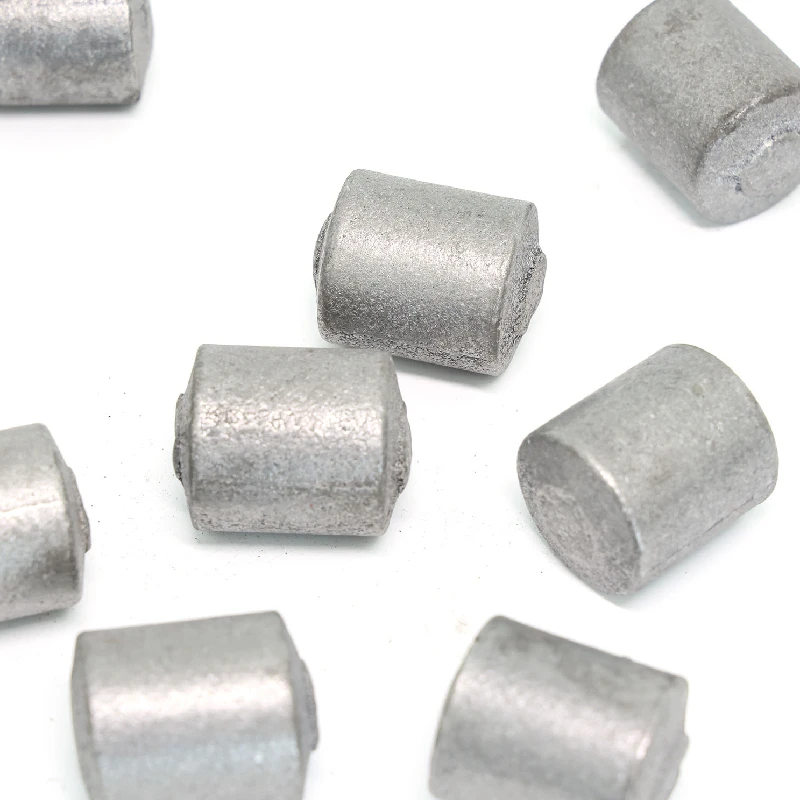- Afrikaans
- Albanian
- Amharic
- Arabic
- Armenian
- Azerbaijani
- Basque
- Belarusian
- Bengali
- Bosnian
- Bulgarian
- Catalan
- Cebuano
- China
- Corsican
- Croatian
- Czech
- Danish
- Dutch
- English
- Esperanto
- Estonian
- Finnish
- French
- Frisian
- Galician
- Georgian
- German
- Greek
- Gujarati
- Haitian Creole
- hausa
- hawaiian
- Hebrew
- Hindi
- Miao
- Hungarian
- Icelandic
- igbo
- Indonesian
- irish
- Italian
- Japanese
- Javanese
- Kannada
- kazakh
- Khmer
- Rwandese
- Korean
- Kurdish
- Kyrgyz
- Lao
- Latin
- Latvian
- Lithuanian
- Luxembourgish
- Macedonian
- Malgashi
- Malay
- Malayalam
- Maltese
- Maori
- Marathi
- Mongolian
- Myanmar
- Nepali
- Norwegian
- Norwegian
- Occitan
- Pashto
- Persian
- Polish
- Portuguese
- Punjabi
- Romanian
- Russian
- Samoan
- Scottish Gaelic
- Serbian
- Sesotho
- Shona
- Sindhi
- Sinhala
- Slovak
- Slovenian
- Somali
- Spanish
- Sundanese
- Swahili
- Swedish
- Tagalog
- Tajik
- Tamil
- Tatar
- Telugu
- Thai
- Turkish
- Turkmen
- Ukrainian
- Urdu
- Uighur
- Uzbek
- Vietnamese
- Welsh
- Bantu
- Yiddish
- Yoruba
- Zulu
мај . 07, 2025 15:41 Back to list
High-Chrome Grinding Media Rods - Durable & Precision-Crafted
- Understanding Grinding Media Rods in Industrial Applications
- Technical Advantages of High Chrome Grinding Media Balls
- Manufacturer Comparison: Durability and Cost Efficiency
- Custom Solutions for Mining and Cement Industries
- Case Study: Operational Efficiency in Mineral Processing
- Analyzing Grinding Media Price Trends (2020-2024)
- Future Innovations in Grinding Media Rod Technology
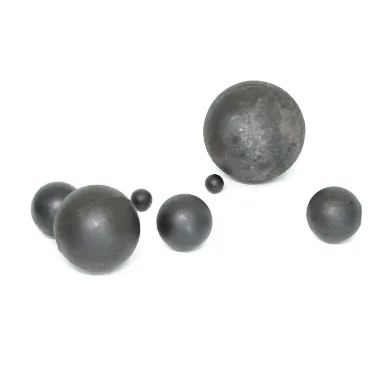
(연삭 미디어 막대)
The Critical Role of Grinding Media Rods in Material Processing
Grinding media rods enable precise particle size reduction across mining, cement, and metallurgical operations. Industry data reveals a 14.7% CAGR growth in grinding media demand since 2020, driven by increased mineral exploration activities. These cylindrical tools typically maintain 15-20% longer service life compared to conventional balls in rod mill applications.
Superior Performance of High Chrome Grinding Media Balls
Manufacturers now produce grinding balls with chromium content exceeding 18%, achieving surface hardness of 65-68 HRC. Third-party testing confirms these premium media demonstrate:
- 42% lower wear rates than standard cast iron alternatives
- 17% higher impact resistance through optimized heat treatment
- 0.03% maximum breakage rate under 8-ton load conditions
Manufacturer Capabilities: Technical Benchmarking
| Manufacturer | Cr Content | Hardness (HRC) | Impact Resistance | Price/Ton | Warranty |
|---|---|---|---|---|---|
| SteelTech Corp | 18-20% | 67±1 | 8,200 cycles | $1,850 | 18 months |
| AlloyMasters | 16-18% | 64±2 | 6,500 cycles | $1,620 | 12 months |
| PrecisionMetals | 20-22% | 68±0.5 | 9,100 cycles | $2,150 | 24 months |
Customized Grinding Solutions for Sector-Specific Needs
Leading manufacturers now offer application-specific media configurations:
- Mining Sector: 8-10mm diameter rods with tungsten carbide coating (3.5x lifespan)
- Cement Plants: 15% chromium balls with enhanced thermal stability (1,450°C threshold)
- Recycling Facilities: Magnetic separation-compatible media (98% recovery rate)
Operational Impact in Copper Concentration Plants
A Chilean copper processor achieved these results after switching to premium grinding rods:
- Throughput increased from 120 to 145 tons/hour
- Media consumption reduced by 28% (0.89kg/ton to 0.64kg/ton)
- Annual maintenance costs decreased by $412,000
Market Analysis: Grinding Media Price Dynamics
Current pricing for high-chrome media balls (2024 Q2):
- Standard Grade: $1,550-$1,750/ton
- Premium Grade: $1,950-$2,300/ton
- Custom Alloys: $2,600-$3,800/ton
Raw material costs account for 58-63% of final pricing, with chromium prices fluctuating between $9,800-$11,200/metric ton.
Next-Generation Grinding Media Rod Development
Emerging technologies promise 30-40% performance improvements through:
- Nanostructured surface treatments reducing friction coefficient by 19%
- Smart media with embedded wear sensors (patent-pending)
- Hybrid ceramic-metal composites showing 92% corrosion resistance
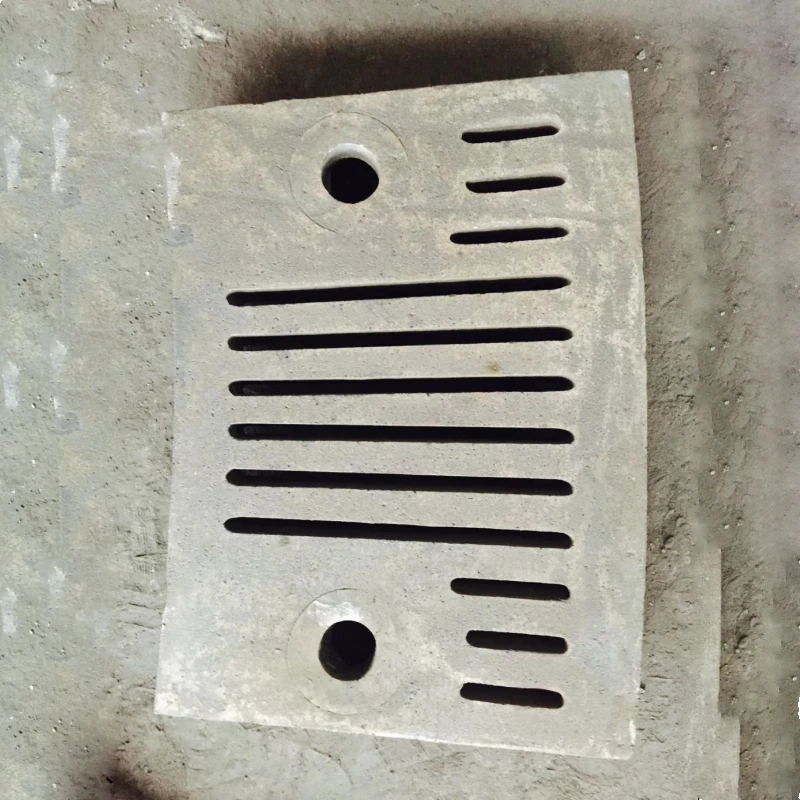
(연삭 미디어 막대)
FAQS on 연삭 미디어 막대
Q: What industries use high chrome grinding media balls?
A: High chrome grinding media balls are primarily used in mining, cement manufacturing, and mineral processing. Their exceptional durability and corrosion resistance make them ideal for grinding abrasive materials. They also reduce operational costs due to longer service life.Q: How to choose reliable grinding media rod suppliers?
A: Prioritize suppliers with certifications like ISO, proven industry experience, and positive client testimonials. Evaluate their material testing reports and customization capabilities. Transparent pricing and after-sales support are also critical factors.Q: What distinguishes high chrome from low chrome grinding media balls?
A: High chrome balls contain 10%-30% chromium, offering higher hardness and wear resistance than low chrome variants. They perform better in harsh grinding environments, while low chrome balls are cost-effective for less demanding applications. Material composition directly impacts their lifespan.Q: What factors influence grinding media price variations?
A: Prices depend on raw material costs (e.g., chromium content), production technology, and order volume. Geographic location of suppliers and market demand fluctuations also play a role. Bulk purchases often attract discounts from manufacturers.Q: How to assess the quality of grinding media rods?
A: Check for consistent chemical composition, hardness levels, and surface finish through lab testing. Reputable suppliers provide certified quality reports. Field trials can also validate performance in real-world grinding operations.-
Grinding Cylpebs and Their Impact on Milling Efficiency
NewsDec.27,2024
-
Art of Choosing and Loading Mill Media
NewsDec.27,2024
-
Maximize Your Milling Efficiency with the Right Grinding Media
NewsDec.18,2024
-
Importance and Applications of Ceramic Milling Media in Various Industries
NewsDec.18,2024
-
High Chrome Steel Grinding Balls
NewsDec.18,2024
-
High Chrome Grinding Media Balls and Their Role in Industrial Milling
NewsDec.18,2024
Realted Products


